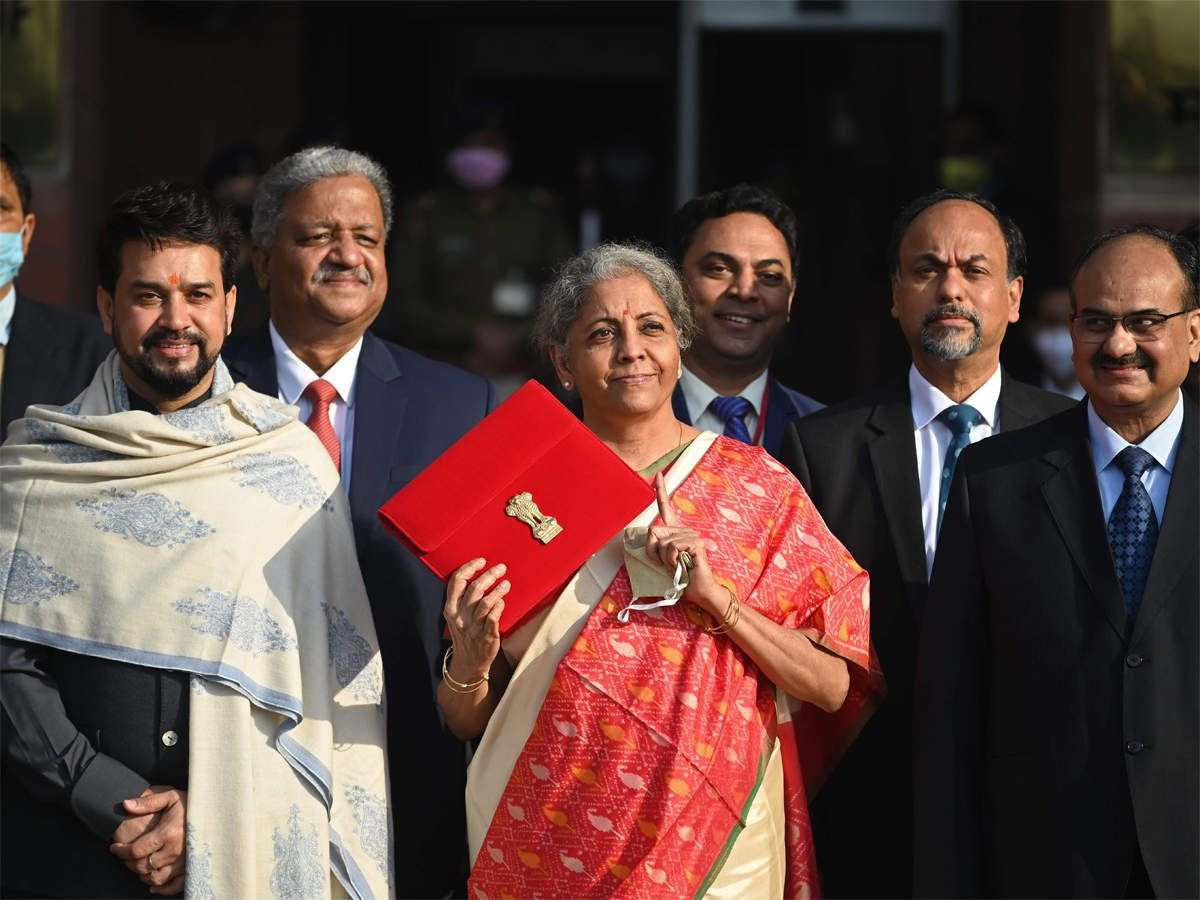In a landmark decision, the Karnataka High Court directed the state government to pay Rs 10 lakh in compensation to MBBS student and chess champion, Sanjana Raghunath. This decision came after Raghunath, who has represented India in several prestigious national and international chess tournaments, was wrongly denied a seat under the appropriate sports quota during the admission process.
Raghunath, a dedicated chess player, has represented India in several international events, including the Asian Youth Championship, where she secured a medal. Despite her achievements, the Karnataka Examination Authority (KEA) categorized her under the P-V category, denying her the opportunity to be placed in P-I or P-III categories, which are more suitable for high-achieving athletes. As a result, she was forced to take admission in a private institute rather than a government medical college.
The Dispute Over Sports Quota Categories
The sports quota categorization system in Karnataka is complex, with candidates placed in different categories based on their level of achievement. Categories P-I and P-III are reserved for athletes who have represented the country at the highest level in recognized tournaments. However, the P-V category is for those who have participated in less prominent competitions.
Raghunath argued that her participation in the Asian Youth Championship and other international tournaments made her eligible for either P-I or P-III. Despite her accomplishments, she was placed in the P-V category, which disqualified her from availing the benefits of the sports quota that would have secured her a seat in a government medical college.
The KEA, however, argued that since Raghunath had already taken admission at a private college, her admission process was complete, and she could no longer be considered for the sports quota. This decision, according to Raghunath, unfairly disregarded her contributions and achievements in chess.
Government’s Justification and Court’s Response
The state government, in its defense, referred to a circular dated June 23, 2023. The circular stated that medals or achievements would only be considered if they were obtained between June 1, 2018, and March 31, 2023. Additionally, the government argued that the Asian Youth Championship was an invitational event and therefore should not be regarded as a tournament where athletes represent their nation.
The Karnataka High Court, led by Chief Justice N V Anjaria and Justice K V Aravind, disagreed with this assessment. The bench clarified that the All India Chess Federation (AICF) is a member of the Federation Internationale Des Echecs (FIDE), the global governing body for chess. As a result, any athlete selected by the AICF to participate in an international tournament is, by definition, representing India.
Clarification of Representation by the High Court
The bench delved into the bye-laws and selection criteria of the AICF. It stated that only candidates chosen by the AICF or state federations can represent India in international events. Foreign passport holders are barred from playing under the Indian banner, making it clear that participants selected for these tournaments are legitimate representatives of the country.
The bench further noted that the petitioner, Sanjana Raghunath, should have been considered as a representative of the nation in the Asian Youth Championship. This rendered the government’s argument invalid. The court added that a circular issued in 2023 could not override the established rules set in 2006.
The Court’s Rationale and Final Judgment
In its judgment, the court declared that the state’s decision to place Raghunath in the P-V category was a “serious error.” The judges emphasized that the wrong categorization caused her significant hardship, depriving her of a seat she deserved.
The court noted, “Once the court finds that the State’s incorrect or unjustifiable stand/decision has caused serious hardship to the petitioner, it is for the court to find a solution to mitigate the hardship, if not to completely remove the same.”
Impact of the Court’s Decision
The judgment is significant because it acknowledges the difficulties faced by athletes when their achievements are not properly recognized by the system. By directing the government to pay Rs 10 lakh as compensation, the court has set a precedent. It has reinforced the importance of fair categorization and recognition of athletes’ contributions at all levels.
This decision is a win not only for Raghunath but also for other aspiring athletes who may face similar challenges. It sends a strong message to the authorities to ensure that athletes receive the benefits they are entitled to, based on their achievements.
Issues with the Sports Quota System
The case highlights the complexities and inconsistencies in the sports quota system. Athletes often struggle to receive proper recognition for their achievements. The categorization criteria are sometimes ambiguous, leading to misinterpretations and disputes.
In Raghunath’s case, the KEA failed to consider the nature and significance of the international tournaments she participated in. This oversight resulted in a denial of the sports quota benefits she was entitled to.
Moreover, the court’s decision underscores the need for clear and transparent guidelines in determining sports quota categories. The existing system, with its varying categories and overlapping criteria, leaves room for errors and arbitrary decisions.
The Importance of Recognizing All Sports
Raghunath’s case also brings attention to the fact that chess, despite being recognized as a sport, often does not receive the same attention and respect as other athletic disciplines. Chess players, despite representing the country at international levels, are sometimes overlooked in sports quota allocations.
The court’s emphasis on the legitimacy of AICF’s selection process as the official representation of India is crucial. It ensures that chess players and athletes from other non-mainstream sports are treated with the same respect and recognition as those in more popular sports.
Moving Forward: Recommendations for Improvement
The Karnataka High Court’s judgment should serve as a catalyst for reform in the sports quota system. It is imperative that the government and sports authorities revise and streamline the categorization process to avoid similar issues in the future.
Clearer guidelines that define what constitutes “representing the nation” should be established. The government should work closely with national sports federations like the AICF to ensure that all international competitions are recognized appropriately.
Additionally, authorities should periodically review and update these guidelines to keep pace with changes in the international sports landscape. This will ensure that athletes are not unfairly denied opportunities due to outdated or ambiguous rules.
Conclusion: A Victory for Athletes’ Rights
The Karnataka High Court’s decision to award compensation to Sanjana Raghunath is a victory for athletes’ rights. It reaffirms the need for fair and transparent processes in sports quota allocations. The judgment not only addresses the injustice faced by Raghunath but also sets a benchmark for how such cases should be handled in the future.
The case has shed light on the need for systemic reforms in the sports quota system. By recognizing Raghunath’s achievements and directing the state to compensate her, the court has sent a strong message about the importance of respecting and valuing athletes’ contributions.
Raghunath’s perseverance and determination throughout the legal battle serve as an inspiration for other athletes who may face similar obstacles. Her victory is a reminder that fairness and justice can prevail, even in complex cases involving entrenched bureaucratic processes.
With this judgment, the Karnataka High Court has paved the way for a more equitable system that truly honors the achievements of athletes like Sanjana Raghunath. The government must now take steps to ensure that the sports quota system is refined and that no deserving athlete is ever denied their rightful place due to procedural errors or misinterpretations.










